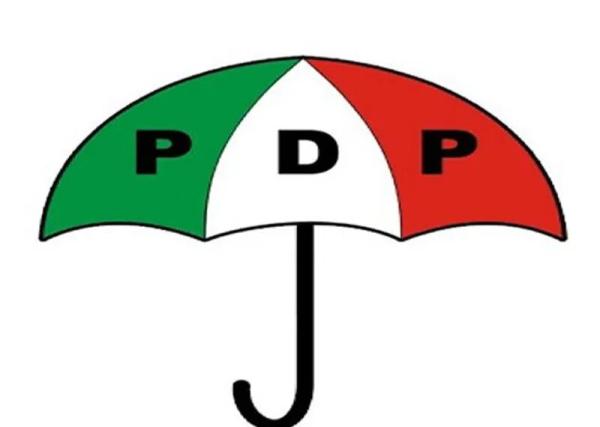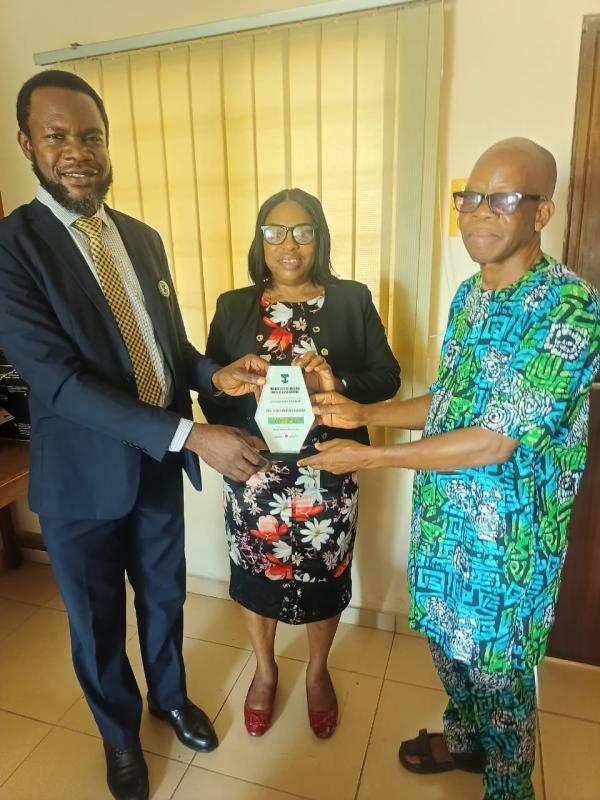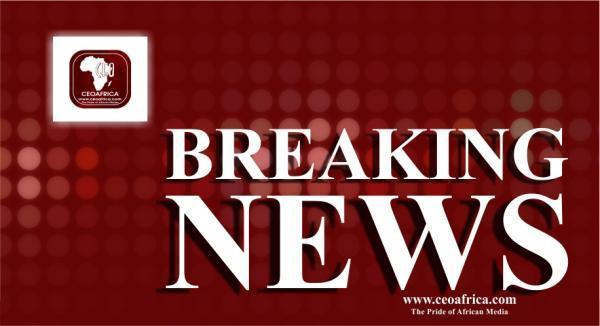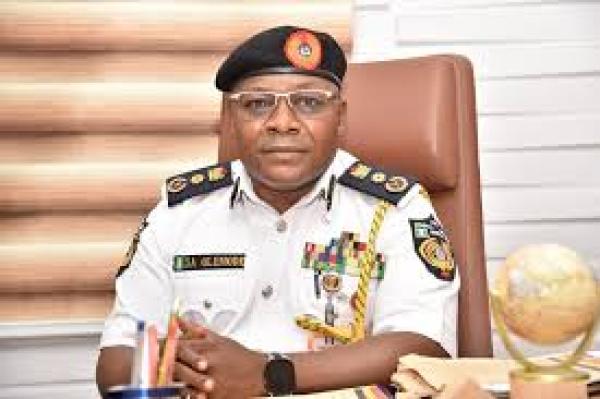
Central African Republic will be holding its presidential election in barely five weeks but experts and humanitarians fear that time is running out for authorities to create a representative voters roll in the country marred by ongoing conflict.
The United Nations Security Council had earlier maintained that it was "absolute priority" for the election on October 18 to be an inclusive one.
The country's transitional government, in power since January 2014, issued a draft electoral bill on June 30, saying that refugees who wished to vote had to first return to the country.
On 22 July the country's highest court overturned the decision by the transitional parliament but it is still not clear when the government will repeal on the electoral bill.
According to the UN High Commissioner for Refugees (UNHCR), around 10 percent of the country's population have been forced to flee and said they were "alarmed" with the decision.
Almost 190,000 out of the 460,000 mostly Muslim refugees would be eligible to vote, the UNCHR said.
"Citizens should not be denied their right to vote based on logistical grounds," Dalia al-Achi, from the UNHCR in Bangui, said.
On Monday, it was suggested that former president Francois Bozize would return from exile to contest in the presidential election, two years after he was unseated from power.
The Seleka government that succeeded Bozize has accused him of crimes against humanity and incitement to genocide. He also faces UN travel and banking sanctions.
In July, Amnesty International said more than 30,000 Muslims were still living in seven protected enclaves around the country, amid continued instability in the country.
Targeted attacks have resulted in a massive exodus of the Muslim and Fulani communities from CAR, with the communities still largely under threat from anti-Balaka militia.
The anti-Balaka, made up of Christian and animist vigilantes, have specifically targeted the country's Muslim minority, seen as sympathetic to the Seleka rebels who took over the country briefly in a coup in 2013.
"One of the root drivers of this conflict was the marginalisation of the minority Muslim community, and so in order to address that underlying issue, every effort should be made to incorporate them into the political process," Rachel Sullivan of The Project CAR, at the Conflict Resolution programme at Georgetown University in Washington, said.
Sullivan agrees that the process needs to be balanced with time constraints, meaning that creating a safer election will "take more time than is available for this particular election".
Since 2013, the Central African Republic has been dogged by violence perpetuated by so many different actors in the country.






















